Stories and Resources
What do strong families need to thrive?
Strong families need what we all need—to be safe, loved, and connected. Especially in difficult times. Five protective factors contribute to stronger families.
Explore by category
What is HOMEBUILDERS®?
Keeping families together through their most difficult times
Parent Cafés: We're all in this together
Parent Cafés create a place where parents can see they’re not alone
Preserve a family, not rescue a child
A new call to action for preventing child abuse
Parents aren’t the problem; they’re the solution
A fundamental shift in child welfare prioritizes strengthening families and keeping them together.
Sign up for the latest stories and resources
Updates about those we serve
Kids and families in the U.S.
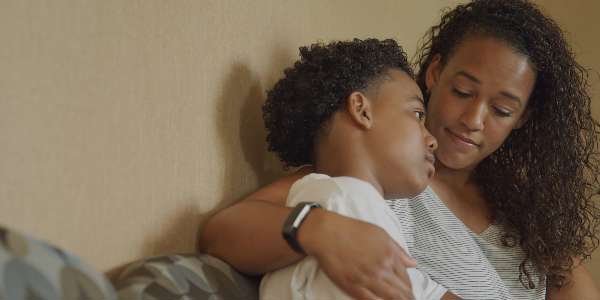
School-age children, sibling groups, and teens need foster families. Hear from Amber, a young woman who aged out of foster care.
The teen you love today was once a child who was hurt. That child is still there inside them, wanting and needing love.
Learn how Bethany will train you to be a foster parent, what to expect in the licensing process, and more.
Refugees and immigrants
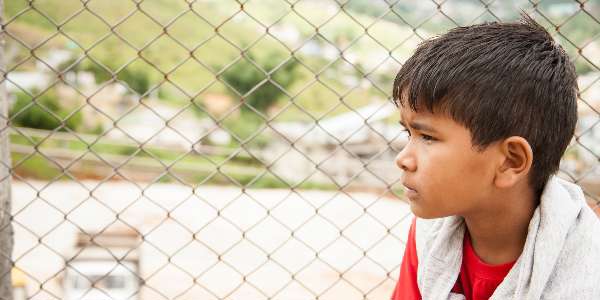
Read real stories from Ethiopia and Colombia.
Unaccompanied children need safe and loving foster homes now.
Following Jesus' call requires only a willingness to step up and serve.
Families around the world
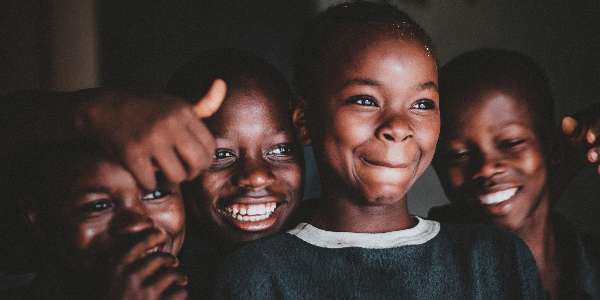
Bethany led a two-day training for fathers in Ethiopia.
Learn why orphanages harm children and how you can help.
Bethany's training equipped her to care for children.
Videos
"We're called to help"
Fostering as a single parent
Caring for migrant children who need a home
The journey of a refugee family
Bethany's 5 corporate values
What are the steps to becoming a foster parent?
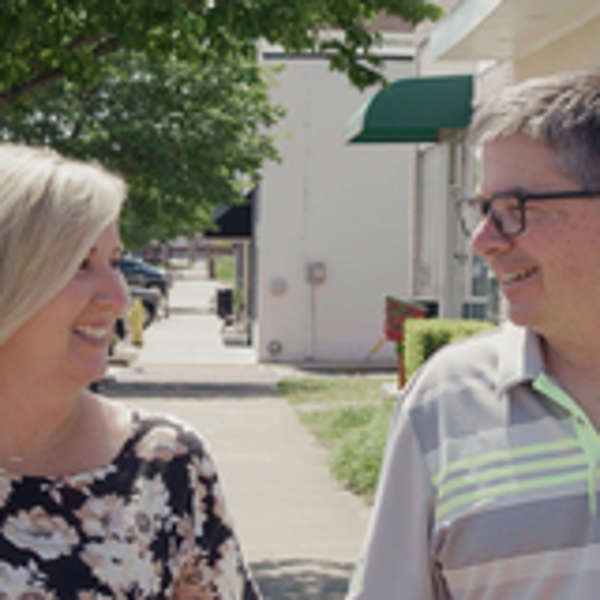
"We're called to help"
Short-term immigrant foster parents' story
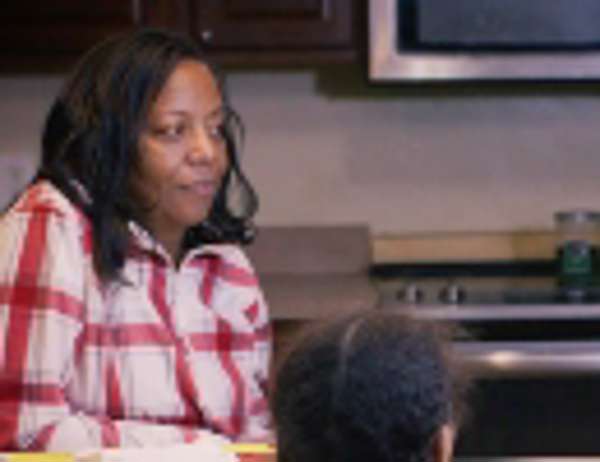
Fostering as a single parent
Tracey relies on support from her church family and community
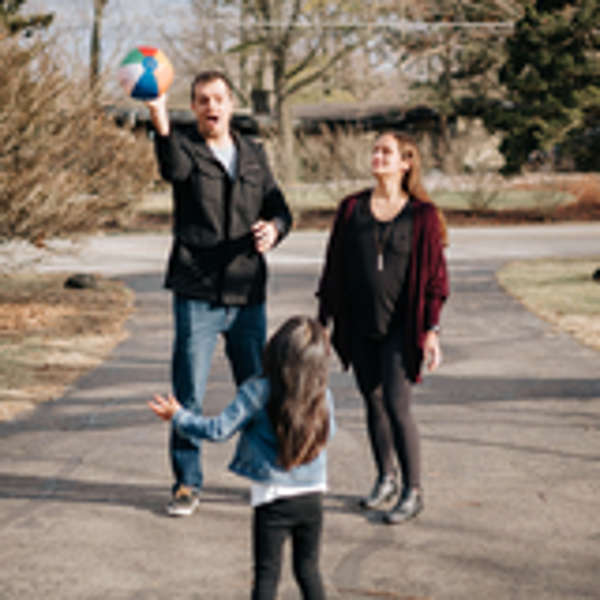
Caring for migrant children who need a home
Tori and Billy's foster care story

The journey of a refugee family
Animated explainer video about refugee resettlement

Bethany's 5 corporate values
Discover the five values that drive our daily work.
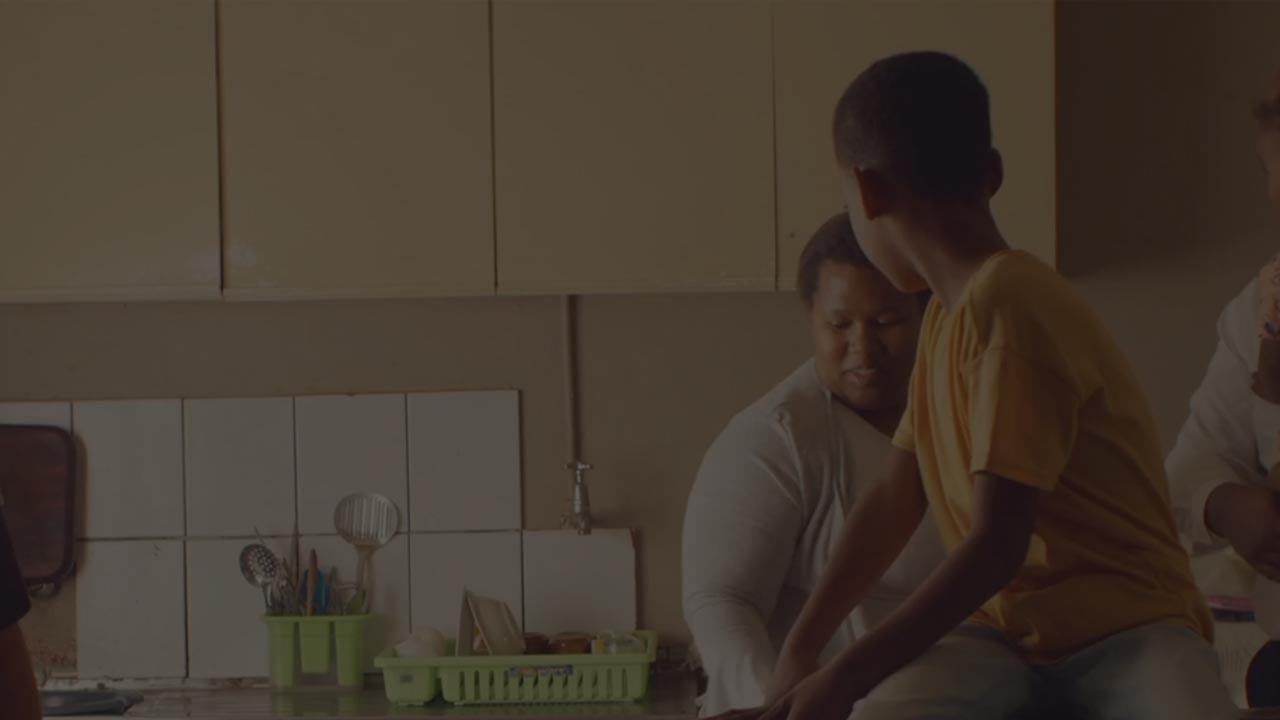
What are the steps to becoming a foster parent?
Learn how Bethany will train you to be a foster parent, what to expect in the licensing process, and more.
Featured resources for parents
We're a team: How to advocate for your child
We're a team: How to advocate for your child
In the middle of a child's meltdown
Children with a trauma history can experience big emotions and challenging behaviors when they’re living in survival mode. As a foster parent, you can use these tips to calm the situation and help the child feel safe.
After a child's meltdown
Trauma changes the way children respond when they feel unsafe. Their big emotions and challenging behaviors are a result of living in survival mode. As a foster parent, you can use these tips to respond to a child’s behavior and help them feel safe.
Is my open adoption safe?
Adoptive parents may wonder if it’s safe for their child to have an open relationship with birth parents who have a history of substance use. These questions and tips will help you set boundaries and adjust expectations.





